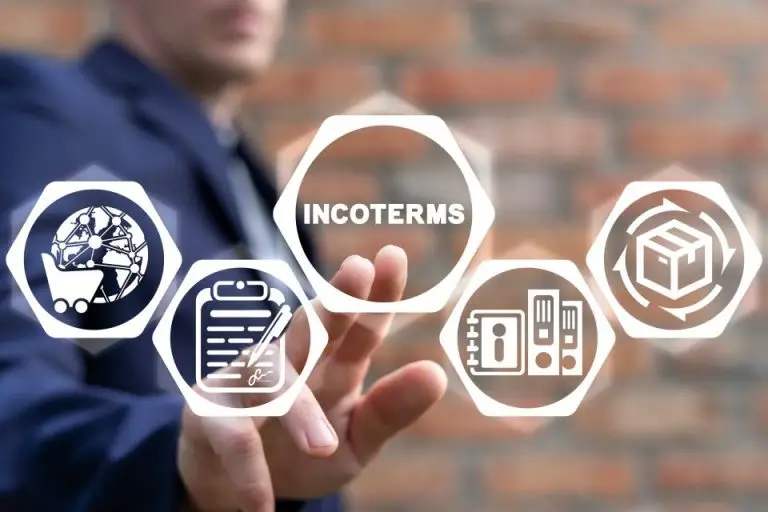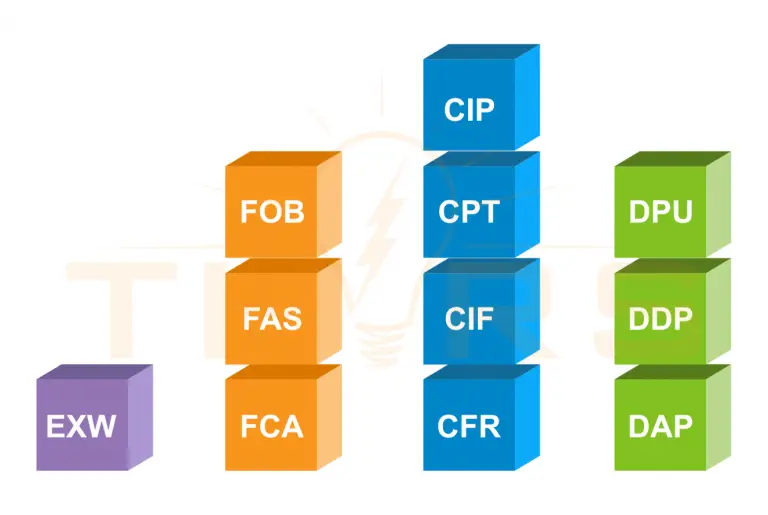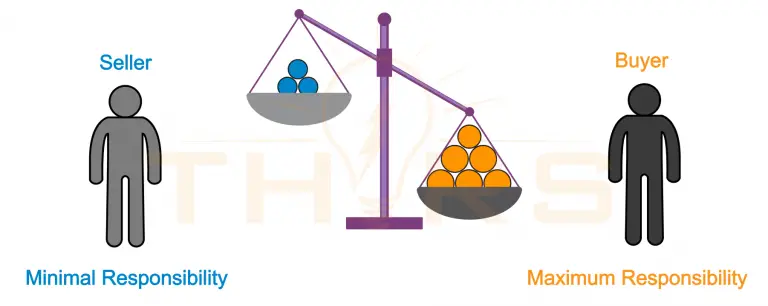When you select the correct Incoterms® rule, you can avoid consequences such as financial losses, legal disputes, and operational disruptions, which is crucial for the success of international trade transactions.
This article explores the significant consequences that arise from selecting incorrect Incoterms®, supported by a real-world scenario example and best practices for avoiding costly errors.
Understanding Incoterms® Rules
Incoterms®, or International Commercial Terms, are a set of internationally recognized trade terms developed and published by the International Chamber of Commerce (ICC). These terms, along with their accompanying rules, clearly define the responsibilities of buyers and sellers in the shipment of goods across borders. The Incoterms® rules specify who bears the costs, risks, and tasks related to transportation, insurance, export and import clearance, and delivery. A proper understanding of Incoterms® rules is essential for managing risks and ensuring smooth international trade transactions.

Consequences of Incorrect Incoterms® Rule Selection
The selection of an inappropriate Incoterms® rule can trigger a range of negative outcomes, affecting financial performance, risk management, operational efficiency, and legal compliance.
Financial Implications
Incorrectly selecting an Incoterms® rule can result in unexpected costs. For example, underestimating who bears the cost of freight, insurance, or customs duties may lead to disputes or unplanned expenses. The seller or buyer might inadvertently take on responsibilities they are unprepared for, thereby eroding profit margins.
Risk Misallocation
Incoterms® rules clearly define the point at which risk transfers from the seller to the buyer. Choosing the wrong term can shift risk prematurely or delay risk transfer, leading to liability issues in case of damage, loss, or delay. This can complicate insurance claims and contractual obligations.
Legal and Compliance Risks
Inaccurate use of Incoterms® can give rise to contractual disputes or non-compliance with international trade regulations. Jurisdictions may interpret risks and responsibilities differently, and ambiguity in contracts can trigger litigation.

Example Scenario
Overview
A French manufacturer agreed to sell industrial machinery to a Brazilian buyer under the EXW (Ex Works) Incoterms® rule, with the expectation that the buyer would handle all export formalities. However, the Brazilian buyer’s unfamiliarity with French export procedures led to significant challenges.
Responsibilities and Issues
Under EXW, the seller’s obligation is limited to making goods available at their premises, without any export clearance duties. The buyer must manage export customs, transportation, insurance, and import duties. Due to the buyer’s lack of expertise, shipment was delayed, customs clearance stalled, delivery deadlines were missed, and extra port charges accumulated.

Consequences and Lessons Learned
The buyer incurred unexpected costs and operational disruptions, damaging trust and increasing overall transaction expenses. Although the seller faced minimal financial risk, their reputation suffered due to delivery problems. This experience led both parties to reassess contract terms to ensure future Incoterms® rule selections match their logistical capabilities.
Best Practices for Selecting the Correct Incoterms® Rule
- Thoroughly evaluate risks and costs before choosing an Incoterms® rule.
- Determine which party is best suited to handle transportation, insurance, and customs clearance.
- Use clear contractual language specifying the exact version of Incoterms® to avoid ambiguity.
- Ensure all parties have a shared understanding of their responsibilities.
- Stay updated on the latest Incoterms® revisions and industry practices.
- Consult legal or logistics experts when complexities arise.
Selecting the correct the right Incoterms® rule sets the foundation for clear responsibilities and smoother trade execution. It empowers both parties to navigate international transactions with confidence and fewer complications. To learn more about the Incoterms® rules, check out our course today!



